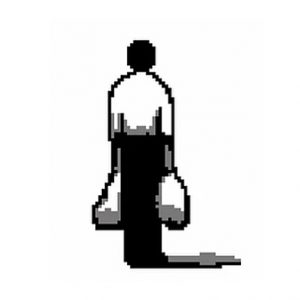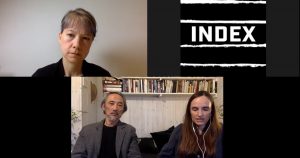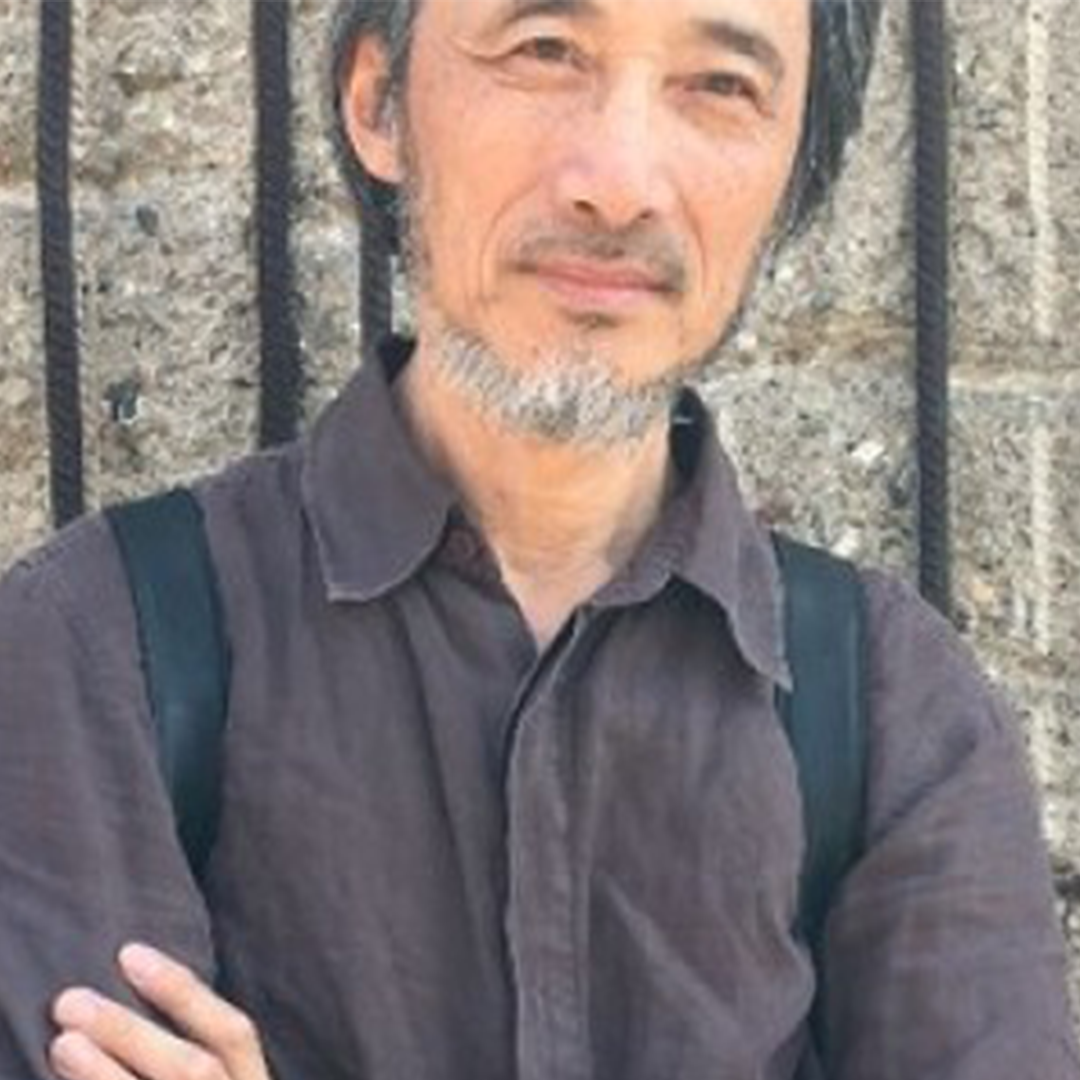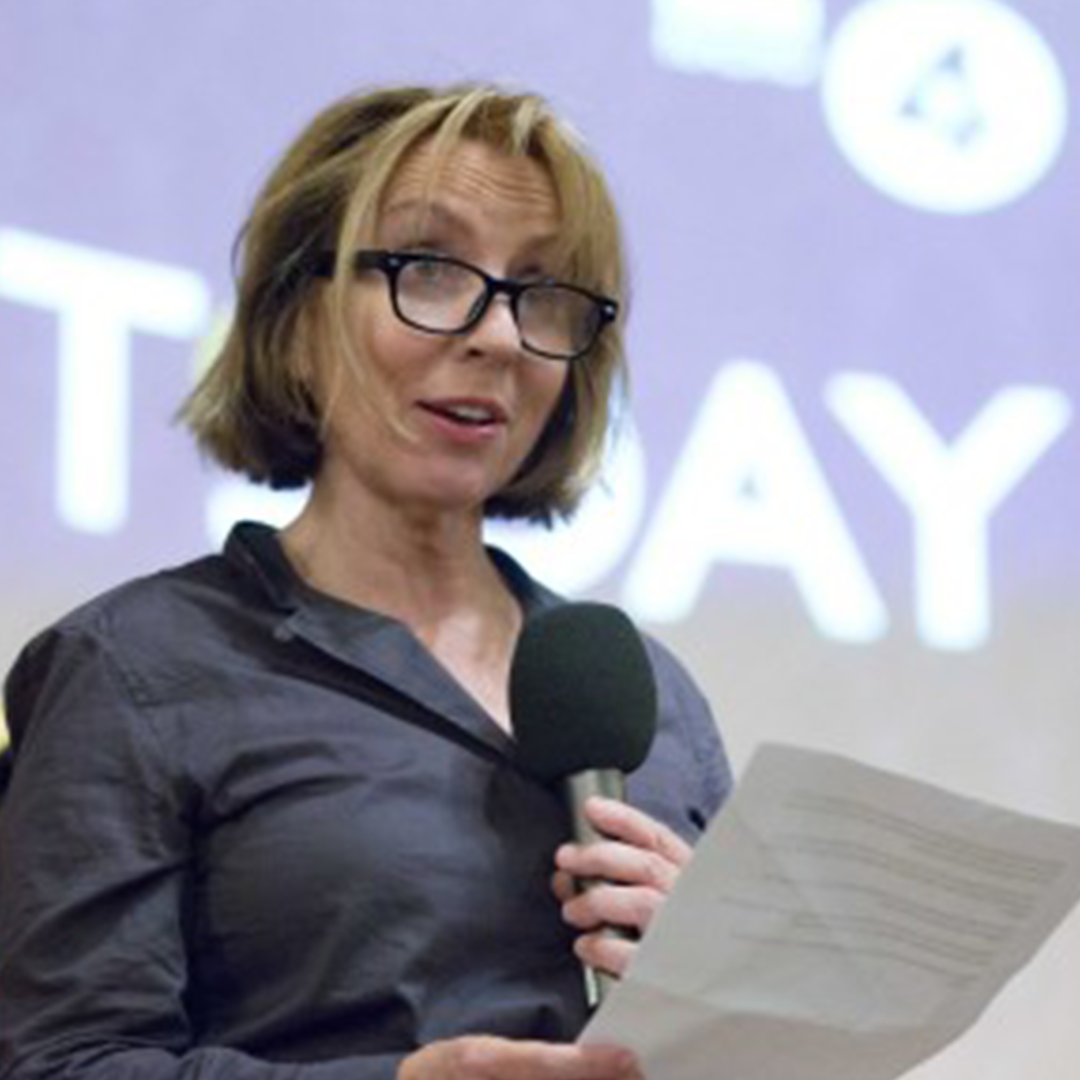4 Jun 2021 | China, Hong Kong, Opinion, Ruth's blog
[vc_row][vc_column][vc_column_text]

Illustration: Badiucao
32 years ago, on 4 June 1989, the world bore witness to the realities of a totalitarian regime as the Chinese Communist Party deployed the People’s Liberation Army against unarmed protestors in Tiananmen Square. We still don’t know exactly how many people were brutally murdered although best estimates are in the thousands; the crackdown that followed across China shaped the country as we know it today and continues to resonate throughout the world.
‘Tank Man’, the image that is now synonymous with the events of Tiananmen Square, which shows an unarmed man seeking to block the movement of a tank by simply standing in front of it is both awful and awe-inspiring; it affected many of us in the decades that have followed, including me.
The Tiananmen Massacre shaped both my politics and my personal values. When you are lucky enough to be born and raised in a democracy the images from Beijing, from both the protests and the aftermath, were truly beyond comprehension. I was not yet 10 years old on the day of the massacre but I can remember the image of the man and a tank vividly.
It will surprise no one to learn that I grew up in a very political household and my extraordinary mum sat me down to explain what was happening thousands of miles away and why it was so important – but all I can really remember was fear for the man who was standing in front of a tank and an overwhelming sense of his bravery.
My home was one that celebrated collective action, a home that embraced the concept of solidarity and was internationalist – the image of the Tank Man was as crucial to my understanding of the world around me as the Miners’ Strike and the Poll Tax Riots. And without realising it, it was the events of Tiananmen Square on that fateful day which cemented my commitment to equality and justice – it also for the first time made me aware of the importance of a free press and free expression and of how the actions of one person on behalf of others can change the world.
These principles of anti-censorship, of solidarity, of equality and of justice are not only my values, but they are also the values of Index on Censorship and were those of our founders. As we reflect today on the events of 1989, we will remember not only the people who were killed for demanding a level of democracy in those fateful protests, but the people of Hong Kong who for the first time will be prevented from marking the anniversary because of the National Security Law imposed by the Chinese Communist Party. We stand with them today as we stood with the protestors in Tiananmen Square.[/vc_column_text][/vc_column][/vc_row][vc_row][vc_column][three_column_post title=”You may also want to read” category_id=”41669″][/vc_column][/vc_row]
3 Jun 2021 | China, Hong Kong, News
[vc_row][vc_column][vc_single_image image=”116835″ img_size=”full” add_caption=”yes”][vc_column_text]For 30 years in a row after the 4 June bloodshed in Beijing, Hong Kong people had turned out en masse at Victoria Park, the city’s central park, to commemorate the victims of the killings at and around Tiananmen Square in the summer of 1989.
The regular June scenes saw marked changes last year. The imminent enforcement of a national security law scheduled for 1 July 2020 and a government ban on assembly on grounds of the Covid-19 epidemic cast a long shadow over the annual vigil. Still, thousands of people came out, holding candlelights and vowing “not to forget 4 June”.
Citing social distancing rules again this year, the Police rejected the application for a march planned for 30 May and an assembly at the park on 4 June to mark the 32nd anniversary.
The Hong Kong Alliance in Support of Patriotic Democratic Movement in China (Alliance), an umbrella body composed of pro-democracy groups which holds the vigil every year, has announced they will not hold any event at the park in the evening of 4 June.
More than 20 democrats, including leaders of the Alliance, who took part in last year’s candlelight vigil last year, were convicted of participating in unlawful assembly. They were given jail sentences of up to 14 months.
The remaining Alliance leaders will no doubt be arrested and face at least the same charge if they turn up at the park on 4 June. Worse, they may be charged with subversion under the national security law.
Alliance leaders advised people to commemorate the victims in a safe and peaceful manner.
Media reports quoted anonymous sources close to the government warning people not to wear black clothes – a regular form of portest – and not to hold up candles at and near Victoria Park. First, they may breach the social distancing rules. Mort importantly, they may be charged with unlawful assembly if they are deemed to have the same purpose in public places.
As this article goes to press, the city is laden with an air mixed with anger and fear, persistence and helplessness.
Following the harsh sentences of democrats convicted of unlawful assembly and the enactment of the national security law, fear has swept the city. Calls for a democratic China and an end of one-party dictatorship that resonated in earlier 4 June vigils could now be deemed as subversive.
Although the majority of people still believe they are on the right side of the history of the 4 June crackdown and must persist in holding up the candle of hope, they feel helpless in stopping the government crackdown on commemorating the anniversary.
Last Wednesday, the operators of the 4 June Museum run by the Alliance closed its doors, hours after officials from the Food and Environmental Hygiene department accused it of operating as a place of public entertainment without the required licences.
The museum reopened briefly on Sunday to mark the 4 June anniversary; it may never reopen again.
Founded at the heyday of the student-led movement in 1989, the Alliance’s days are seemingly numbered. Pro-Beijing political figures and media have put more pressure on the Government to ban the Alliance on grounds that its call for an end of one-party dictatorship in its manifesto is subversive.
Its disbandment is no longer a question of if, but when.
This is not so much because the Alliance has or will pose any real threat, nor embarrassment, to the ruling Chinese Communist Party. It can be argued that the opposite is true. That it was allowed to exist has provided a real-life case study that showed the world how the policy of “one country, two systems” worked.
Except for the much-smaller scale of commemorations in Taiwan, Hong Kong had been the only place in mainland China where people were allowed to commemorate the Tiananmen massacre.
Tolerance of the communist authorities towards 4 June commemoration, and indeed a free Hong Kong, has now run out.
With hindsight, the authorities feel they were wrong to have given too much freedom to Hong Kong people. As a result of that, many, in particular young people, have kept testing Beijing’s tolerance by crossing the political “red lines”, referring to politically sensitive issues such as independence and self-determination as well as challenging the system of government and their governance.
The protracted territory-wide protests sparked by a bill on extradition in 2019, followed by a landslide victory of the democrats in the district council elections in November that year, have shocked Beijing. They responded by imposing the national security law and overhauling the election system to make sure the city is run by Beijing-trusted patriots.
With democracy scuttled and freedom curtailed, the 4 June candlelights, described by Nancy Pelosi, US House Speaker, as “a beautiful sight to behold”, may now become history, testifying the end of “one country, two systems.”[/vc_column_text][/vc_column][/vc_row][vc_row][vc_column][three_column_post title=”You may also want to read” category_id=”85″][/vc_column][/vc_row]
30 Apr 2021 | China, Opinion, Ruth's blog, Uncategorized
[vc_row][vc_column][vc_column_text]
“When governments collaborate with totalitarian regimes committing atrocities, they grow richer, they get faster technology. But when they slowly discover that freedom of speech is growing smaller then this wealth, this technology, is meaningless”
Ma Jian
 Even in the middle of a global pandemic there has been one country that has broken through the news cycle – China. The acts of the Chinese government in recent years are a true cause for global concern. From Hong Kong to Tibet, from Xinjiang to Inner Mongolia we are all witnessing the actions of an authoritarian regime, one that seemingly thinks little of human rights or of its citizens. To the outside observer the Chinese government seems more interested in quashing dissent, re-writing history and bending the rest of the world to fit its narrative, than it does on embracing core human values.
Even in the middle of a global pandemic there has been one country that has broken through the news cycle – China. The acts of the Chinese government in recent years are a true cause for global concern. From Hong Kong to Tibet, from Xinjiang to Inner Mongolia we are all witnessing the actions of an authoritarian regime, one that seemingly thinks little of human rights or of its citizens. To the outside observer the Chinese government seems more interested in quashing dissent, re-writing history and bending the rest of the world to fit its narrative, than it does on embracing core human values.
Index has written extensively over many years about the impact of this within China, the effect on media freedom, freedom of expression and freedom online. We’ve highlighted the work of incredibly brave dissidents demanding democracy in Hong Kong. We’ve featured the words of Uighur poets, the writings and musings of Ai Weiwei and the amazing work of organisations like GreatFire who every day challenge the firewall that the Chinese government has erected, restricting their citizens access to global information.
But the Chinese government is more than an authoritarian government. It is a government built on the ideology and infrastructure of the Chinese Communist Party (CCP). This year marks the centenary of the CCP and in the latest edition of Index on Censorship magazine we’ve focused on the impact of the CCP both at home and abroad. Of the many features in our special report, what is most touching, at least for me, are the beautiful words of Ma Jian, the acclaimed writer in exile. Ma Jian reflects on the impact of the CCP on his life and why he has to live in exile.
When Index on Censorship was launched, one of our founders, Stephen Spender, was adamant that it was going to be more than a frustration sheet, we were going to be a home for amazing writing that inspired and moved us. Ma Jian’s words did exactly that, which he did once again when he spoke at the launch of the magazine on Wednesday.
His personal testimony will haunt me, his words were beautiful and reminded me once again of the vital importance of our work. Please take a minute to read Ma Jian in his own words, he will inspire you.
And to enter the bank holiday on a positive note, a few more words of hope from Ma Jian.
“The CCP will one day fall because it is not in tune with the values of humanity.”
[/vc_column_text][/vc_column][/vc_row][vc_row][vc_column][three_column_post title=”You may also want to read” category_id=”41669″][/vc_column][/vc_row]


 Even in the middle of a global pandemic there has been one country that has broken through the news cycle – China. The acts of the Chinese government in recent years are a true cause for global concern. From Hong Kong to Tibet, from Xinjiang to Inner Mongolia we are all witnessing the actions of an authoritarian regime, one that seemingly thinks little of human rights or of its citizens. To the outside observer the Chinese government seems more interested in quashing dissent, re-writing history and bending the rest of the world to fit its narrative, than it does on embracing core human values.
Even in the middle of a global pandemic there has been one country that has broken through the news cycle – China. The acts of the Chinese government in recent years are a true cause for global concern. From Hong Kong to Tibet, from Xinjiang to Inner Mongolia we are all witnessing the actions of an authoritarian regime, one that seemingly thinks little of human rights or of its citizens. To the outside observer the Chinese government seems more interested in quashing dissent, re-writing history and bending the rest of the world to fit its narrative, than it does on embracing core human values.

